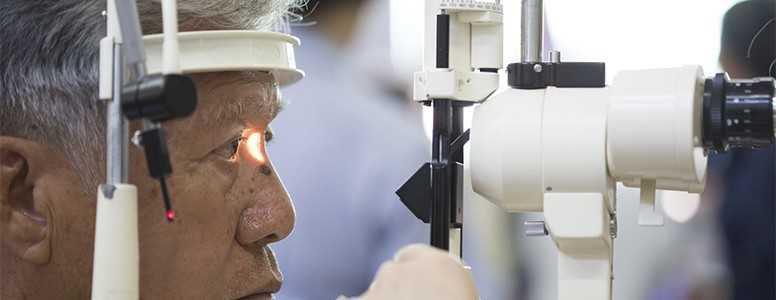A national screening programme to identify diabetic retinopathy has halved the proportion of people with diabetes who go blind or suffer severe sight loss.
The screening programme was launched in 2007, and new research shows that in just eight years the number of new certifications for severe sight impairment have fallen from 31.3 to 15.8 per 100,000 people.
The screening also led to the sight of 22 people being saved and 339 fewer new cases of all levels of sight loss from any cause combined in 2014-15, compared with 2007-08.
People with diabetes aged 12 years and over are offered annual screening for diabetic retinopathy, which develops as a result of uncontrolled blood glucose levels and can lead to blindness without proper interventio, but 20 per cent of those eligible do not take it up.
Dr Quentin Sandifer, medical director of Public Health Wales, said: “We would encourage people living with diabetes to take up the offer when they receive their invitation.
“This is a great example of the NHS working together to improve outcomes for our population and is especially impressive as sight loss has reduced even through the number of people diagnosed with diabetes in Wales has increased over this time.”
Professor David Owens, from the Diabetes Research Unit Cymru at Swansea University, said diabetes patients are expected to double in the next 25 years.
He added: “The essence of the screening is diagnosing it early before it has a huge impact on vision and it can be treated relatively simply and successfully.
“If you have long-term diabetes – high blood sugar for a very long time – you will have damage to the small blood vessels at the back of the eye which supply all the blood and nutrition to the retina, which is essential.”
The research has been published in the British Medical Journal.
What's new on the forum? ⭐️
Get our free newsletters
Stay up to date with the latest news, research and breakthroughs.








